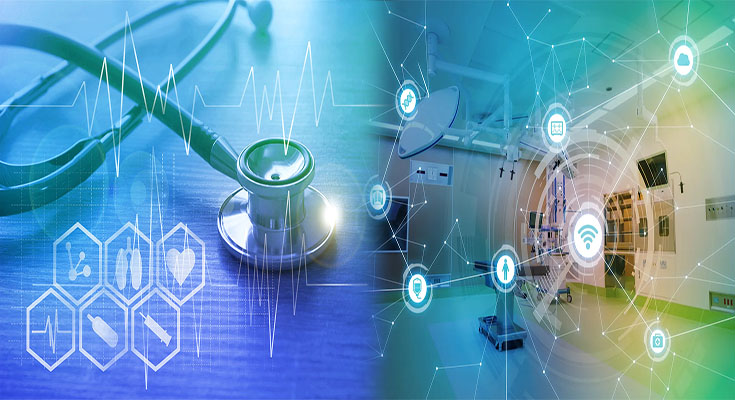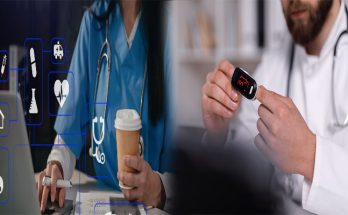The Internet of Things (IoT) has revolutionized many industries, including healthcare. Connected medical devices have the potential to greatly enhance patient care, provide better diagnostics, and improve treatment outcomes. In this article, we will explore some real-world examples of connected medical devices in IoT applications.
Remote Patient Monitoring:
One of the most significant applications of IoT in healthcare is remote patient monitoring. Connected devices such as smartwatches, wearable sensors, and home monitoring systems allow healthcare providers to remotely monitor patients’ vital signs and health conditions. For instance, a cardiac patient can wear a smartwatch that tracks their heart rate, blood pressure, and oxygen levels. This data is then transmitted in real-time to the patient’s healthcare provider, enabling timely intervention if necessary.
Smart Insulin Pens:
Diabetes management has been greatly improved by IoT-enabled smart insulin pens. These pens automatically log insulin doses, track blood sugar levels, and provide reminders for medication adherence. The data collected by these connected devices can be analyzed by healthcare professionals to provide personalized treatment plans and identify trends that may help in long-term disease management.
Implantable Medical Devices:
IoT has also made significant advancements in the field of implantable medical devices. For instance, pacemakers and other cardiac devices can now be remotely monitored and adjusted by healthcare professionals. This eliminates the need for frequent in-person visits and allows for real-time adjustments to the patient’s treatment plan without the need for invasive procedures.
Smart Pills:
Smart pills or digital ingestibles are another example of connected medical devices in IoT applications. These pills contain sensors that can monitor medication adherence and provide valuable information on how the medicine is being absorbed by the body. This data can help healthcare providers personalize medication plans and ensure that patients are following their prescribed treatments.
Smart Inhalers:
Asthma and chronic obstructive pulmonary disease (COPD) patients can benefit from IoT-enabled smart inhalers. These devices monitor inhaler usage, remind patients to take their medication, and track triggers that may worsen their condition. By analyzing the data collected, healthcare providers can adjust medication dosage or identify potential triggers to provide personalized care.
the IoT is transforming the healthcare industry by connecting medical devices and providing valuable real-time data to healthcare professionals. The examples mentioned above are just a few of the many applications of IoT in the medical field. With continued advancements in technology, we can anticipate further improvements in patient care, treatment outcomes, and disease management.





